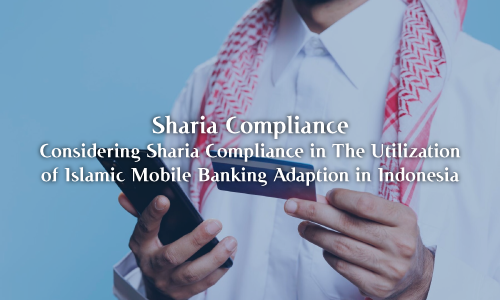
Summary: Islamic finance constitutes a financial system governed by Shariah principles, emphasizing ethical and socially responsible financial practices. By adhering to fundamental tenets such as the prohibition of riba (usury), ensuring transparency in financial transactions, and mandating asset-backed investments, Islamic finance presents a significant opportunity to advance Environmental, Social, and Governance (ESG) objectives. This paper explores the role of Islamic finance in promoting sustainable business growth while critically assessing the associated challenges and opportunities in integrating ESG principles within the Islamic financial framework. Additionally, this study examines case studies, regulatory policies, and technological advancements that facilitate the alignment of Islamic financial mechanisms with contemporary sustainability imperatives.
Introduction
Islamic finance has increasingly been recognized as a viable alternative financial system that incorporates ethical and sustainable principles into economic activities. Unlike conventional financial models, which often prioritize profit maximization, Islamic finance emphasizes social equity, risk-sharing, and financial inclusion. The core principles of Islamic finance, such as the prohibition of riba (interest), the avoidance of gharar (excessive uncertainty), and a strong commitment to transparency and asset-backed transactions, contribute to the establishment of a more equitable and stable economic framework.
One of the most pressing concerns in the contemporary financial landscape is the growing demand for sustainable and responsible investment frameworks. ESG (Environmental, Social, and Governance) criteria provide a holistic approach for assessing the sustainability and ethical impact of corporate activities. ESG principles are well aligned with Islamic financial…

















